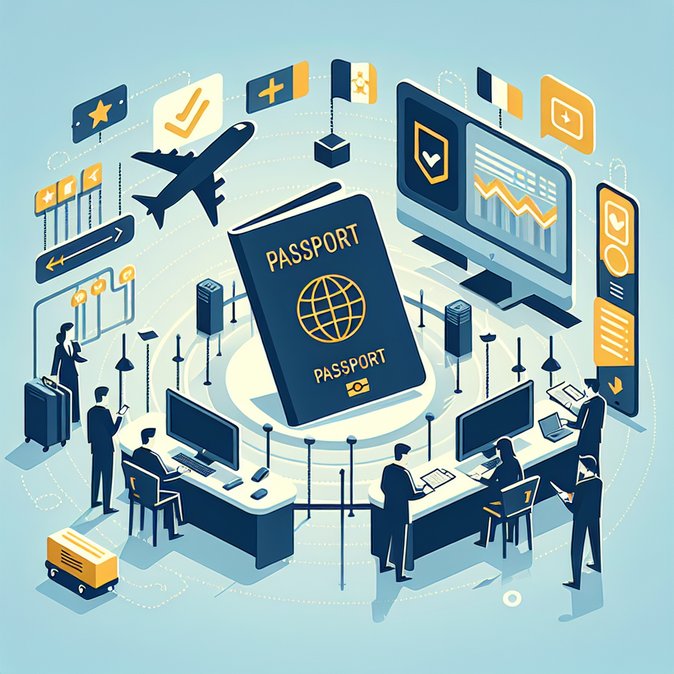
An improvised explosive device detonated on the strategic Warsaw–Lublin rail corridor late on 22 November, halting all passenger and freight traffic for 36 hours while engineers replaced 500 metres of damaged track. The line funnels commuters, container freight and humanitarian aid toward Ukraine; diversions via Radom added up to 200 kilometres and 18 hours to delivery schedules, straining just-in-time inventories at automotive plants in Lublin’s Special Economic Zone.
Prime Minister Donald Tusk told parliament that investigators have “credible evidence” linking the blast to Russian intelligence assets operating via Belarus. Prosecutors announced the arrest of a third Ukrainian suspect; two accomplices are believed to have fled to Belarus. In response, Poland revoked Russia’s last consular licence and urged EU partners to expel several military attachés.
![Rail Sabotage on Warsaw–Lublin Line Disrupts Travel and Triggers Security Crack-Down]()
Business-travel consequences were immediate. LOT Polish Airlines re-routed domestic connections and advised passengers to finish journeys by road, while corporations re-examined duty-of-care protocols normally reserved for international trips. Security consultants recommend monitoring ABW alert feeds, ensuring travellers carry offline messaging options and mapping alternative routes to eastern logistics hubs.
The attack has reignited debate over a draft law that would let PKP Intercity share passenger manifests with counter-terror agencies. Border Guards have stepped up passport and luggage checks on trains heading for Belarus and Ukraine, and insurers say cargo premiums on eastern rail corridors are set to rise. Companies are updating travel-risk matrices and advising employees to avoid rail journeys east of Warsaw for the next several weeks.
Prime Minister Donald Tusk told parliament that investigators have “credible evidence” linking the blast to Russian intelligence assets operating via Belarus. Prosecutors announced the arrest of a third Ukrainian suspect; two accomplices are believed to have fled to Belarus. In response, Poland revoked Russia’s last consular licence and urged EU partners to expel several military attachés.

Business-travel consequences were immediate. LOT Polish Airlines re-routed domestic connections and advised passengers to finish journeys by road, while corporations re-examined duty-of-care protocols normally reserved for international trips. Security consultants recommend monitoring ABW alert feeds, ensuring travellers carry offline messaging options and mapping alternative routes to eastern logistics hubs.
The attack has reignited debate over a draft law that would let PKP Intercity share passenger manifests with counter-terror agencies. Border Guards have stepped up passport and luggage checks on trains heading for Belarus and Ukraine, and insurers say cargo premiums on eastern rail corridors are set to rise. Companies are updating travel-risk matrices and advising employees to avoid rail journeys east of Warsaw for the next several weeks.


